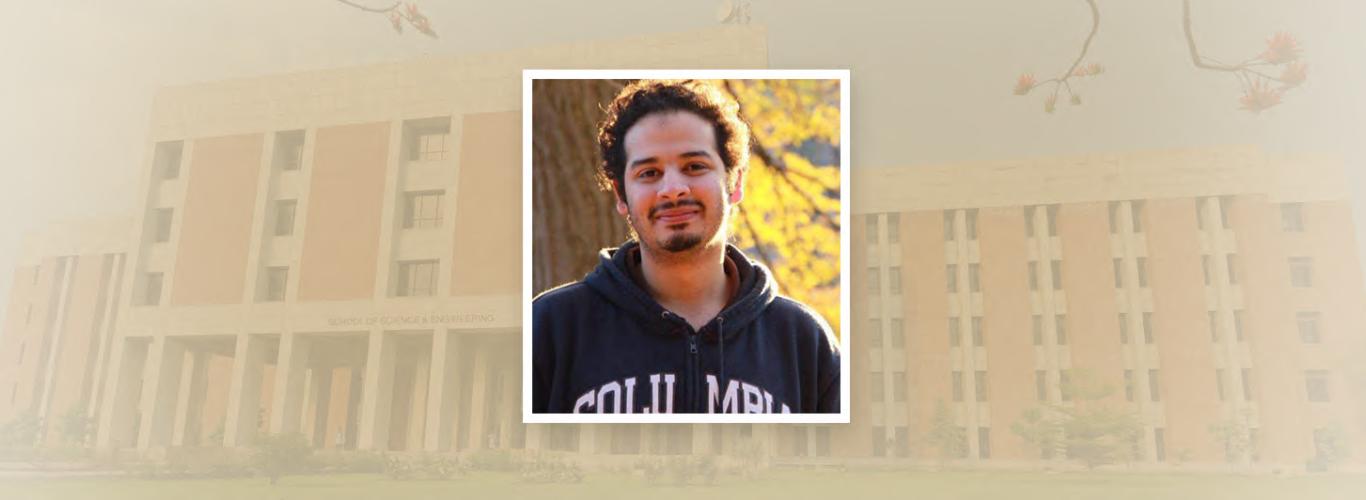LUMS Alum Receives Prestigious Gates Cambridge Scholarship
Usama Javed Mirza (BSc 2013), a graduate of the Syed Babar Ali School of Science and Engineering at LUMS, has been awarded the Gates Cambridge Scholarship, which aims to build a global network of future leaders committed to improving the lives of others. Usama will be joining the University of Cambridge to pursue a PhD in Education and is one of 80 international PhD scholars selected for the Scholarship at the University this year.
He shares how it was a moment of shock as well as surprise when he received the email awarding him the scholarship. “The email came out of the blue, and I had to read it several times to make sure I wasn’t dreaming. I felt over the moon, and very grateful and humbled. The scholarship interview was nerve-racking. I was asked some very tough questions, and I actually thought I wouldn’t be selected.”
After graduating from LUMS, Usama received the Fulbright Scholarship to pursue a Masters in Curriculum & Teaching from Teachers College Columbia University. He returned to Pakistan and co-founded Saving 9, a social enterprise that empowers communities with healthcare services such as medical training, consultancy, and sustainable emergency medical response systems.
Usama has also done extensive policy work around Science education in Pakistan. He looks forward to expanding the scope of his work through his doctoral studies at Cambridge, where he will conduct research on the Single National Curriculum (SNC) in Pakistan and how the ideological beliefs of students are being affected by what they learn about science and religion in schools.
“The current SNC reform is happening in a vacuum of empirical research on the complexities of what Pakistan’s youth are being taught about science and religion. My PhD aims to provide this much-needed data and simultaneously serve as an early-stage impact study for the SNC. This study will also inform policymakers and practitioners in Pakistan and other Muslim countries tackling important socio-scientific issues like better public communication on topics such as birth control, COVID-19 social distancing in mosques, getting people to access mental health services and ending the popularity of religious quack doctors.”
Usama recalls how his courses and undergraduate experience helped expand his intellectual horizons and allowed him to absorb different perspectives. “I studied Physics at LUMS. The classes encouraged independent thinking, embracing the challenge of discovering the power of Physics, conducting experiments and playing with equations. I loved thinking about the philosophical implications of science, and LUMS enriched me by allowing me to take many elective courses in philosophy. I will forever be grateful to LUMS for inspiring and nurturing me long after I graduated.”
Sharing his long-term plans, Usama hopes to return and continue his work in education policy in Pakistan. One area he wishes to focus on is teacher development programmes to build capacity for critical conversations on science and religion in the classroom.
His advice to others in the field is, “You have your own path to follow; comparing yourself to your peers will hinder you from releasing your own potential and pursuing what you find meaningful. Get out of your comfort zone and expose yourself to new opportunities. Try courses that are outside of your major; you may not do super well in them, but they will give you a network with people in diverse disciplines and also impart upon you a new way of thinking.”




